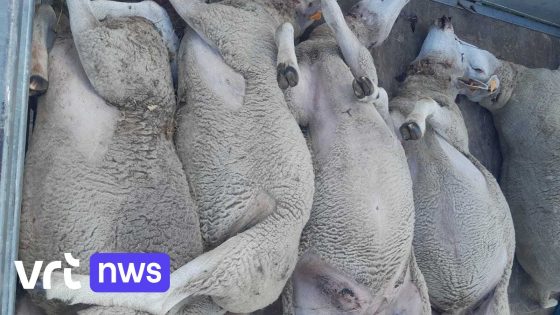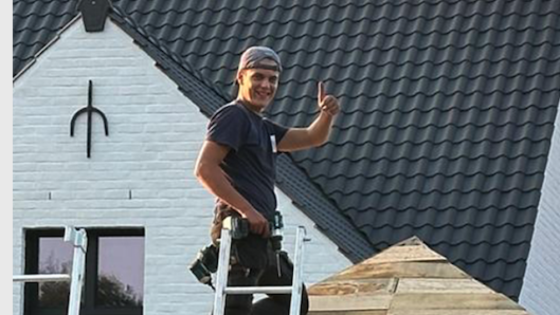Sheep farming in Belgium faces new challenges as a local shepherd from Meeuwen (Oudsbergen) reports a devastating wolf attack. On 2025-07-14 17:23:00, six of Andre’s sheep were killed, leaving him deeply discouraged about the future of his livelihood. The ongoing threat from wolves is forcing farmers like Andre to reconsider their operations.
- Schapenhouder Andre ontmoedigd door wolvenaanval
- Zes schapen gedood in Meeuwen (Oudsbergen)
- Overweegt grootste deel dieren te verkopen
- Dagelijks weides 'wolfproof' houden zonder subsidies
- Beroep wordt voor hem niet langer houdbaar
- Wil schapenhouderij voortzetten als hobby
Andre has been working hard to keep his pastures “wolfproof” daily, without receiving subsidies to support these costly measures. Now, he contemplates selling most of his flock, turning what was once a full-time profession into a mere hobby. How sustainable is sheep farming in Belgium if such risks continue unchecked?
With these concerns mounting, what does this mean for local farmers and rural communities? The impact of predators on livestock raises urgent questions about policy and protection strategies.
Is the current approach to managing wolf threats enough to protect Belgian farmers? Andre’s experience highlights the strain on small-scale farmers who must invest significant time and money without financial aid. Key points to consider include:
- The daily efforts needed to secure pastures against wolves
- The lack of subsidies or compensation for losses
- The emotional and economic toll on farmers
- The potential decline of sheep farming as a profession in affected regions
To safeguard Belgium’s rural heritage and farming communities, policymakers must address these challenges head-on. Will increased funding and innovative solutions help farmers like Andre continue their work sustainably? The future of sheep farming depends on it.




























